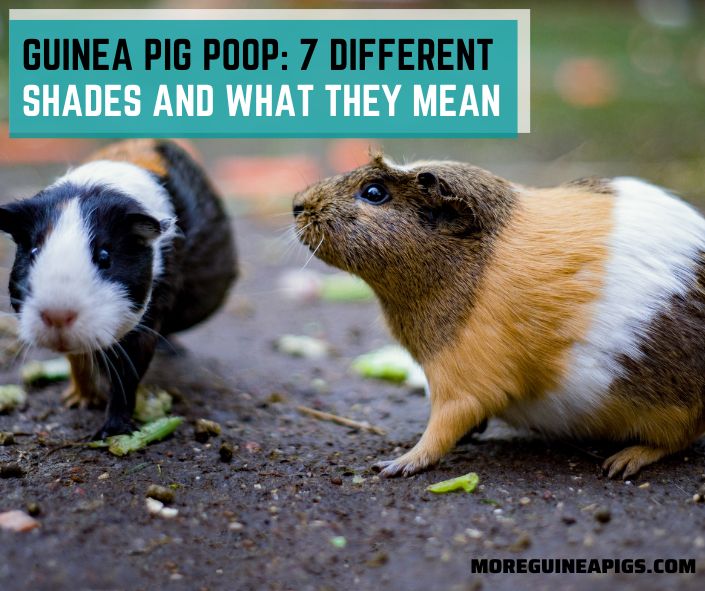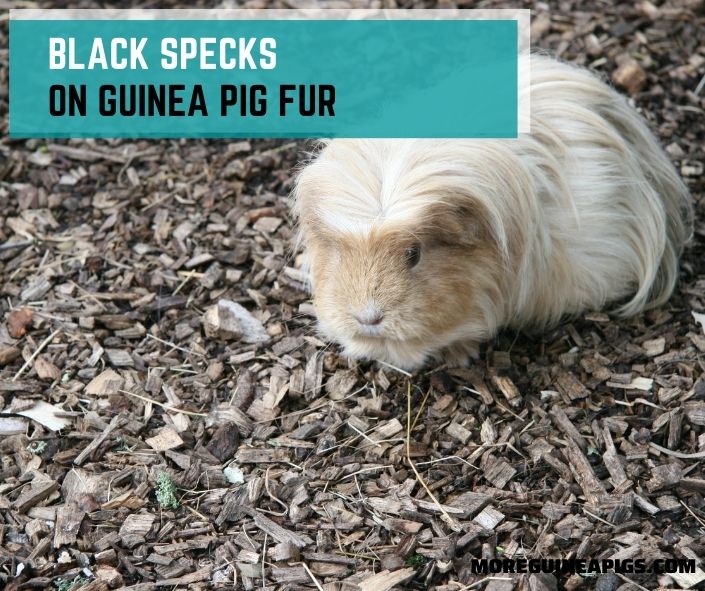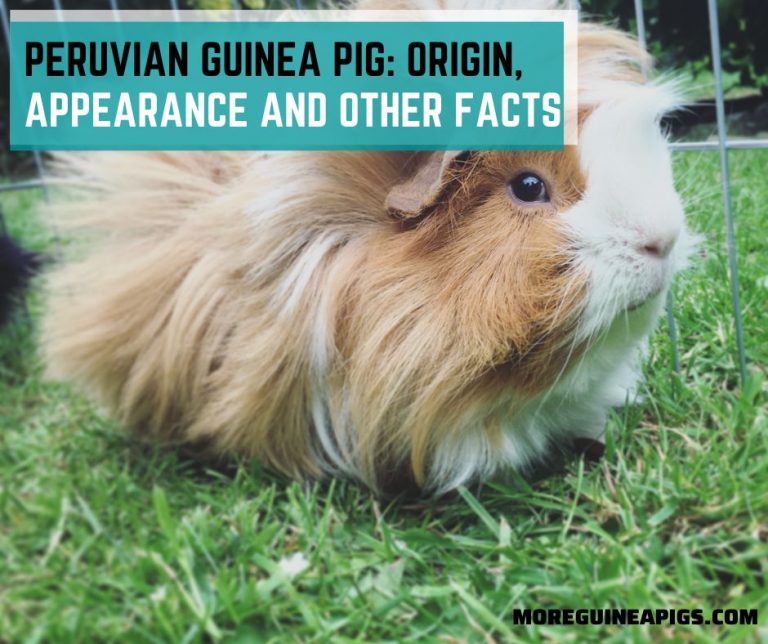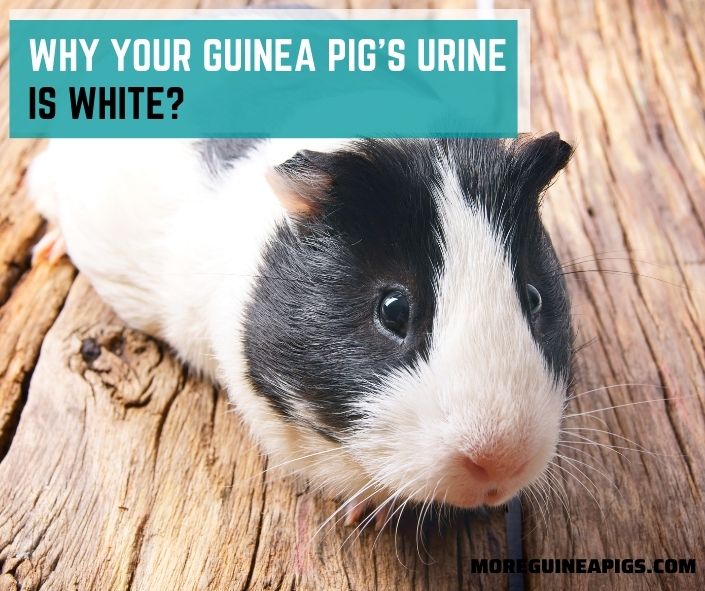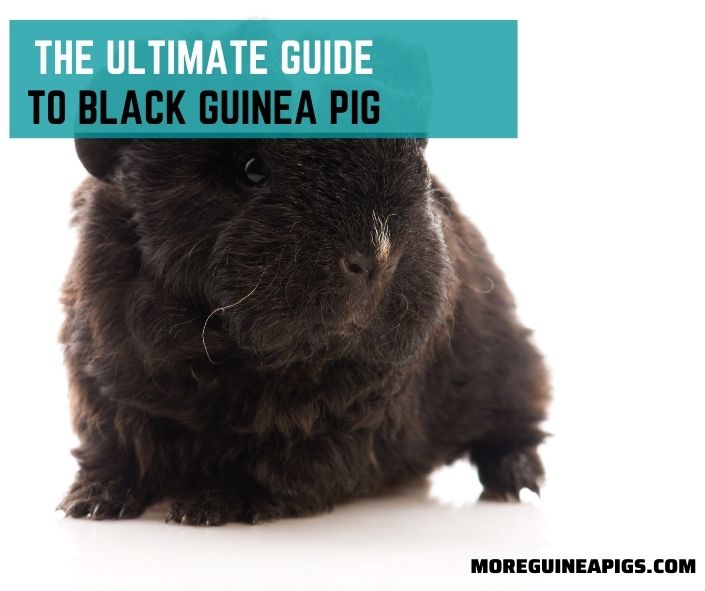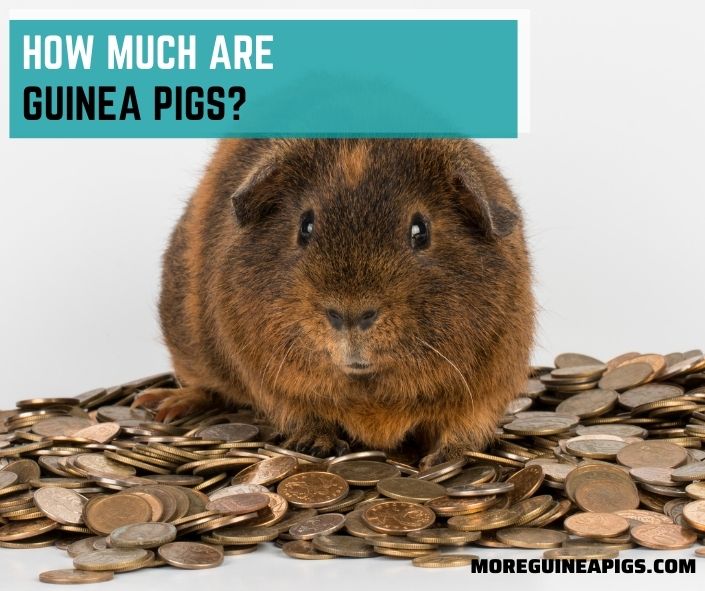Guinea Pig Poop: 7 Different Shades and What They Mean
Guinea pigs are very good at hiding their illnesses and may even go unnoticed for a long time. Although your pet’s poops are not a glamorous topic to talk about, it is essential if you want to know about the overall health of your guinea pigs.
As a new guinea pig owner, you may be wondering what a healthy guinea pig poop should look like.
A healthy guinea pig poop is usually dark brown, firm, round in shape, and does not smell. Healthy guinea pig poop can also be dark in color, with glossy surfaces that will stick with each other.
In this article, we will highlight everything you need to know about guinea pig poop, from what a guinea pig poop looks like to the different shapes and sizes of guinea pig poop and what they mean.
What Do Guinea Pig Poop Look Like?
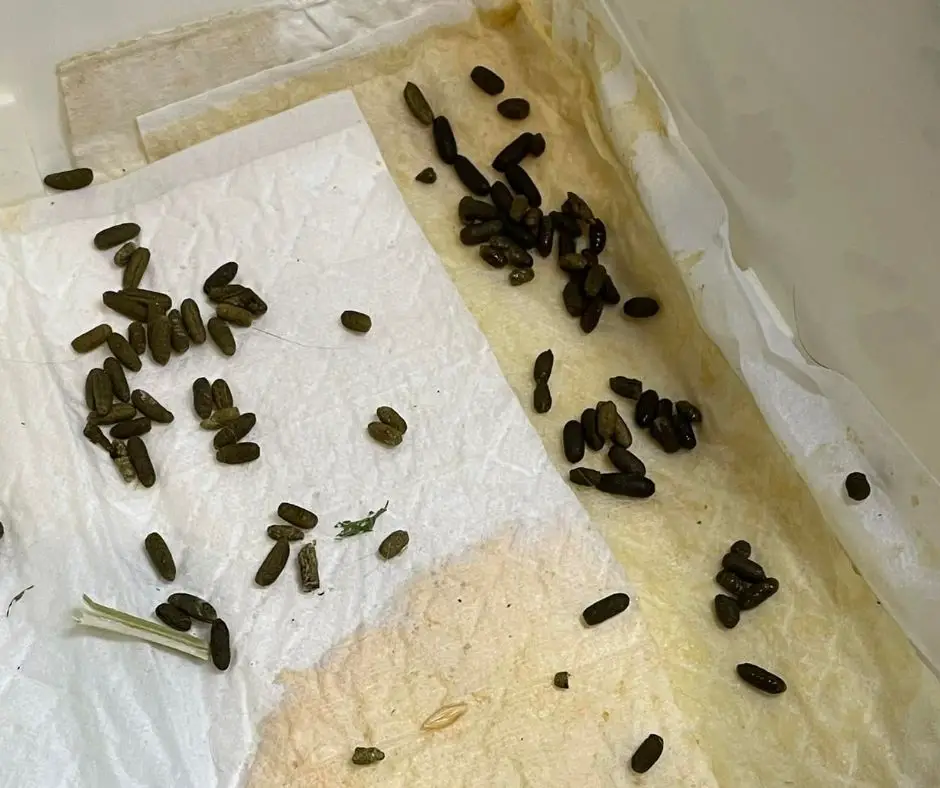
A guinea pig is usually in a pellet form, and it looks like a fibrous, round ball. The poop pellets will be hard, break into grains, and will be fibrous inside with no stickiness if pressed.
A guinea pig poop has a grainy feel of crushed hay because a large part of their diet is grass hay.
The poops are usually medium to dark brown in color and have an oval shape. However, a guinea pig may be a sign of trouble if the poop looks different. You should be more concerned if your guinea pig poop is soft, watery, and so on.
Color
The color of guinea pig poop usually differs from one guinea pig to another. You can see a guinea pig poop looks dark brown while another looks light brown. The main thing is that a healthy guinea pig poop will be in the same color.
When you break a fresh poop, the inside is usually lighter than the outside color. However, your guinea pig can have variations in its poop color if you feed it with a different diet.
For instance, your guinea pig’s poop can be red if you feed them with beetroot.
Shape And Size
You cannot compare the size of a guinea pig with the size of poop pellets they excrete. For instance, an old guinea pig usually excretes small poop pellets, while a younger guinea pig can excrete massive pellet poop.
A healthy guinea pig poop is normal if the pellet size remains constant and round in shape. You should be concerned if your guinea pig poops are tiny or odd in shape, and this can be a sign that it has appetite loss, pain, and gastrointestinal issues.
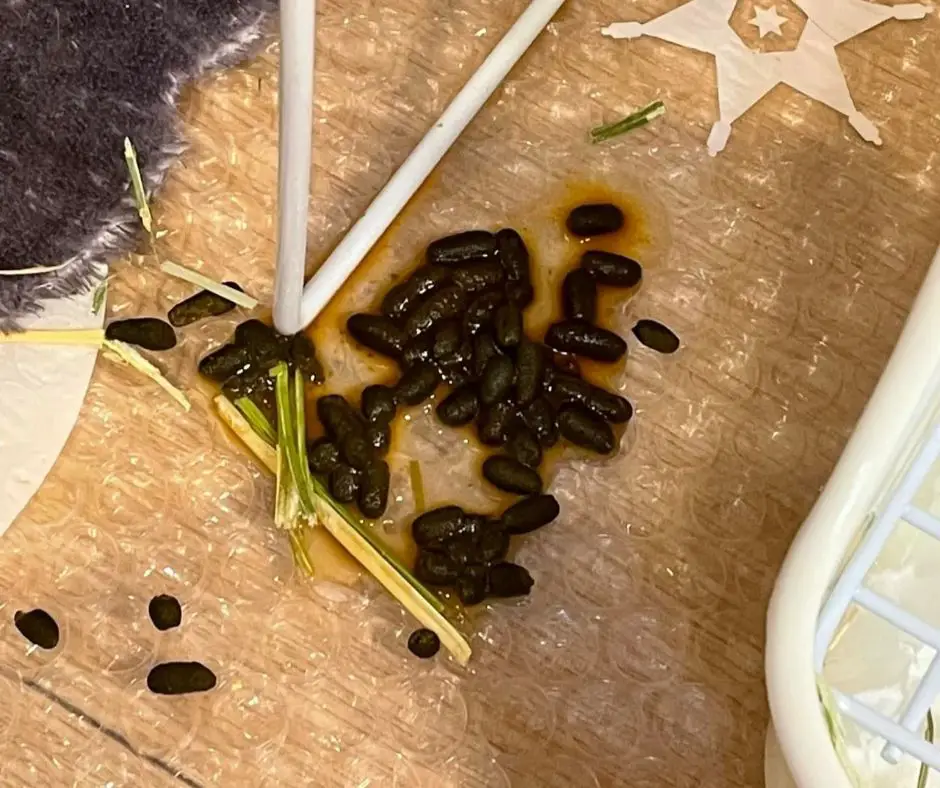
Consistency
A healthy guinea pig poop usually has a uniform consistency. The color, texture, size, and shape should be uniform. However, if you notice any variations, then they may be an underlying issue, and try to consult your vet for diagnosis.
Smell
A healthy guinea pig’s poop doesn’t smell, which is why it can be easily handled. However, their urine usually has a pungent smell.
This means you should be concerned about your guinea pig if poop excretes a terrible smell as it may be having underlying health problems.
Note: guinea pigs can also excrete cecotropes. This should not be confused with regular pellets as they have a strong smell but are suitable for your guinea pigs.
6 Abnormal Shades Poop of Guinea Pig
Generally, guinea pigs are very sensitive and have a delicate internal system. However, several problems can lead to abnormal poops in a guinea pig.
This will then help to show when something is wrong with your guinea pig, and it is best to be on the lookout for it.
Here are some of the abnormal guinea pig poops and what they mean. They also have the ability to hide their pain and sickness.
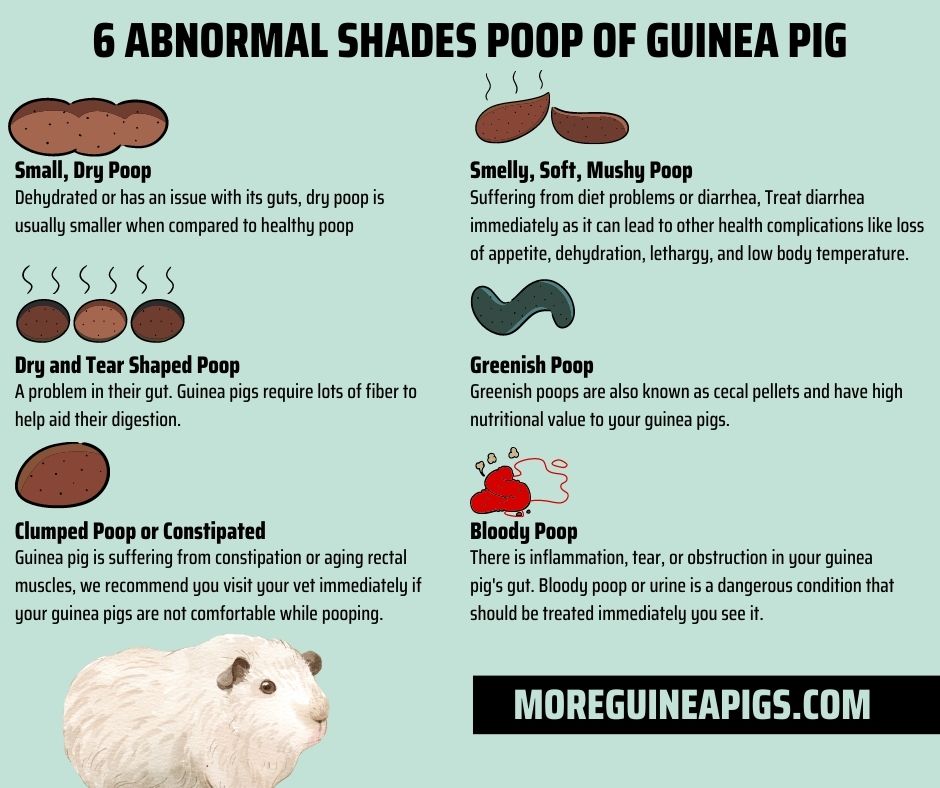
Small, Dry Poop
A guinea pig poop can be small and dry if it is dehydrated or has an issue with its guts. Furthermore, dry poop is usually smaller when compared to healthy poop. You will need to provide fresh water to your guinea pig once you notice this.
Guinea pig poop can also be small and dry when it develops a fever or loses its appetite. You can also call a vet to help check for any underlying problems. You can also prevent this by ensuring your guinea pig has access to freshwater every day.
Note: Small and dry poop can lead to fatal issues if not treated immediately.
Dry and Tear Shaped Poop
Guinea pigs can excrete dry and tear-shaped poop if they have a problem in their gut. Generally, guinea pigs require lots of fiber to help aid their digestion. Not providing enough hay can cause dry and tear-shaped poop.
The best way to treat your guinea pig is by providing good quality hay like Timothy hay or Orchard hay. You can also use the hay to help ensure it is readily available for them.
Also read: Guinea Pig Hay: Everything Need to Know and 4 Top Picks
Clumped Poop or Constipated
This usually indicates that your guinea pig is suffering from constipation or aging rectal muscles. A great way to prevent clumped poop is by ensuring your piggies have access to freshwater, lots of fiber, fresh fruit, and vegetables in their diet.
You can also remove grains like seeds, rice, bread, granola, or chips from your guinea pig’s diet.
However, we recommend you visit your vet immediately if your guinea pigs are not comfortable while pooping. You can treat this temporarily before heading to the vet by putting some coconut oil in your guinea pig’s poop chute.
Smelly, Soft, Mushy Poop
Guinea pigs can excrete smelly, soft, and mushy poop when suffering from diet problems or diarrhea.
It is important that you treat diarrhea immediately as it can lead to other health complications like loss of appetite, dehydration, lethargy, and low body temperature.
A great way to start treating this is by ensuring your guinea pig is well hydrated and they have an abundant amount of hay to help your piggies’ gut work properly. You can also provide fresh vegetables to your guinea pigs.
Also read: 5 Causes Why My Guinea Pig Poop Smells So Bad
Greenish Poop
Greenish poops are also known as cecal pellets and have high nutritional value to your guinea pigs. Cecal pellets are important to guinea pigs’ health as they contain protein and fibers with beneficial bacteria to help maintain normal flora in your guinea pig’s guts.
You should not be shocked when you see this greenish poop as your guinea pigs will consume them to aid their normal digestive process.
Bloody Poop
It is quite rare for your guinea pig to excrete bloody poop. However, you will need to act fast once you notice this. It indicates that there is inflammation, tear, or obstruction in your guinea pig’s gut.
You should consult with your vet immediately for diagnosis and treatment. There are cases where your guinea pig’s urine is also bloody, and this means your guinea pig has a kidney or bladder infection.
Bloody poop or urine is a dangerous condition that should be treated immediately you see it.
Note: Your guinea pig’s poop can turn red if you feed them with beetroot. However, their poop will turn normal after some time.
How Many Poops Do Guinea Pigs Do in a Day?
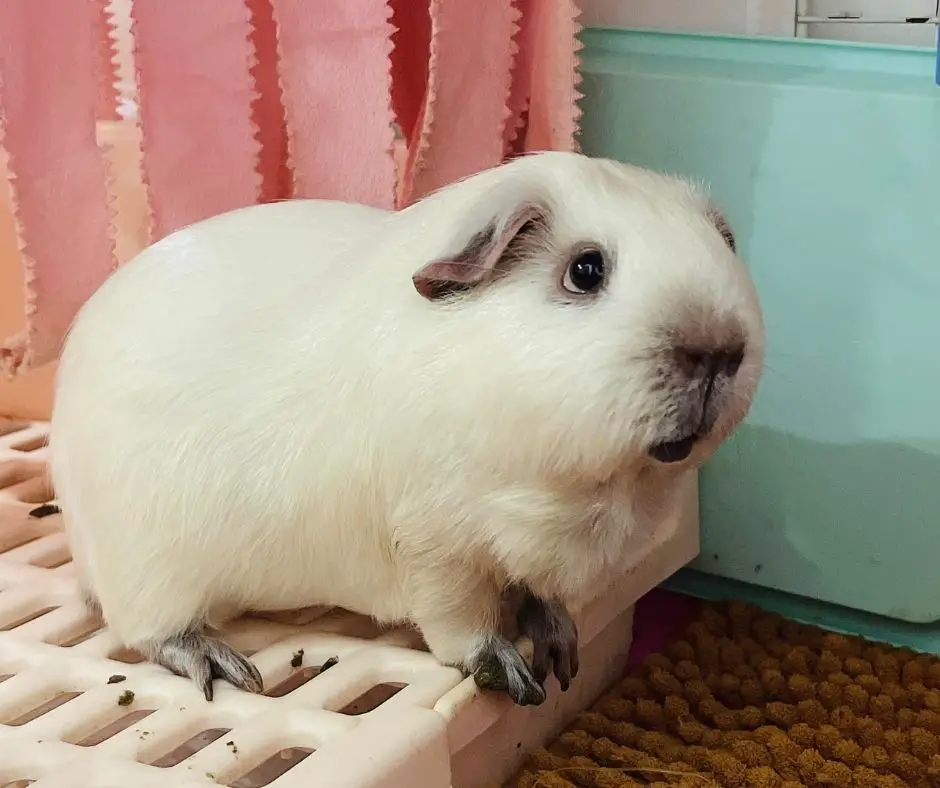
Guinea pigs usually poop more when compared to other animals. A healthy cavy can poop around 100 times a day, which means you will need to regularly clean their cage.
However, the amount of poop they produce can vary from one guinea pig to another.
The amount of poop a guinea pig can produce will depend on its diet and activity. For instance, your guinea pig will poop more if they eat more than usual in a day.
Also read: Why Do Guinea Pigs Poop So Much?
Is Guinea Pig Poop Toxic?
Generally, it is safe to be around a guinea pig poop. However, guinea pig poops can contain viruses or bacteria if infected. This means there will be salmonella bacteria in a guinea pig poop that is suffering from Salmonella infection.
Humans can get salmonella if you come in contact with your guinea pig’s poop. A good way to avoid this is to always wash your hands before and after you touch your guinea pig and their poop.
How To Clean Guinea Pigs Poop?
Generally, it is quite easy to clean a guinea pig poop as it comprises small, hard pellets. You can easily clean it using a small broom and a dustpan to sweep it. You can also use a handheld vacuum to suck up your guinea pig poop.
Also read: How To Clean a Guinea Pig Cage?
Fun Fact: Guinea Pigs Eat Own Their Poop
A fascinating thing about guinea pigs is that they display coprophagy behavior. This means they usually eat their cecotropes (green poops). A green poop usually contains lots of fiber and vitamins such as vitamin C and K that they need to survive.
In the wild, guinea pigs usually eat their poop when they become ill.
Conclusion
Hopefully, this article helps answer all your concerns about guinea pig poops and the different types of guinea pig poops. Guinea pig poops can easily be used to determine whether a guinea pig is healthy or not, and you should check it out regularly.
There are several unhealthy guinea pig poops, indicating that your guinea pig is suffering from a health issue. If you think we missed something or have any questions relating to guinea pig poop, you can leave a comment below.
